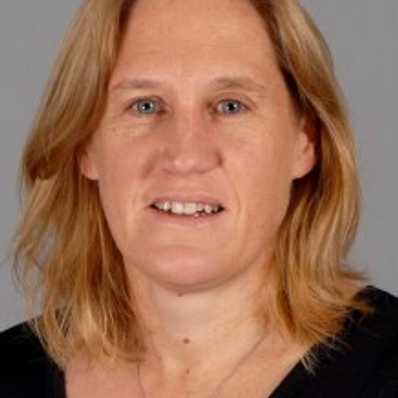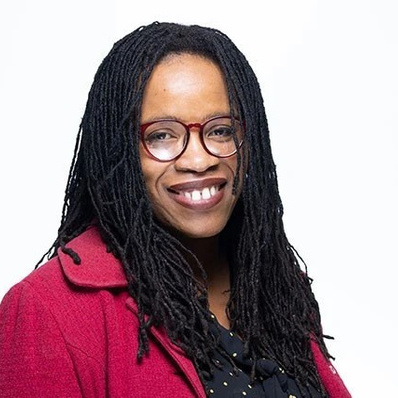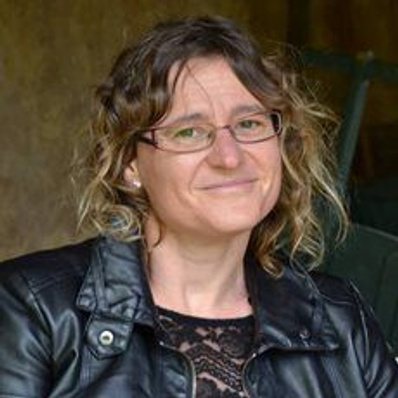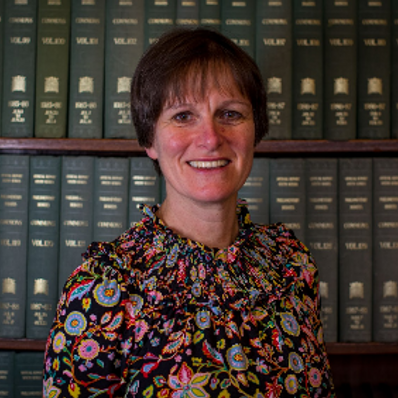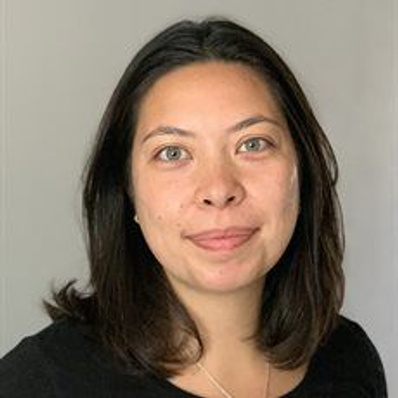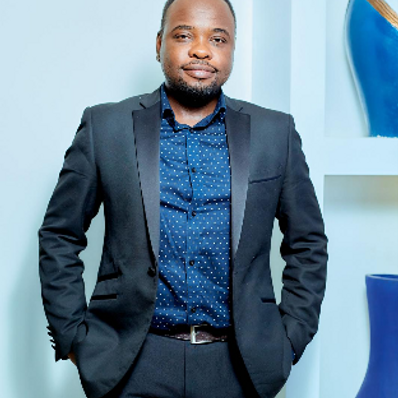
Description
There has been an urgent call to decolonise Business Schools in the last five years. Reflecting on this, decolonisation has become an important component of BAM’s commitment to advance sustainability and equity, diversity, inclusion and respect as reflected in the publication of the BAM Guide to Decolonising the Business School Curriculum.
Putting decolonisation into practice can be challenging as this means challenging our ways of thinking and doing in our particular personal and professional contexts. This event is an opportunity for delegates to engage with a range of creative and decolonised methodologies that can help them get started on their journey in addition to learn about decolonial approaches that they can use in their own practice.
These methods will be used to explore what decolonisation means to participants in terms of their own personal and professional context and subsequently to identify ways they can develop their teaching and pedagogic practice through the decolonisation of their curriculum. Given the important experiential and embodied nature of these methods, this event has been designed as an in-person event so participants can fully experience them first-hand and get the most of the day.
The number of places is limited.
The event will also provide an opportunity for participants to progress and build the BAM community of practice around this area of work. The event will be followed by a drink reception launching the BBS Sage Case Report on Decolonising a Business School in Context: from theory to practice and will give a chance to participants to connect with the wider community of academic and professional services colleagues as well as practitioners who have contributed to the BBS decolonisation project in the last 3 years.
Provider Information
BAM Management Knowledge and Education Inclusive Education Working Group and the Birmingham Business School Decolonisation Project Team.
Who should attend?
Anybody who is interested in getting started with their decolonisation journey or progress it further, would like to learn about decolonial creative methodologies and/or connect with other interested colleagues in this area around this important agenda.
The event speaks to Section A1, A2, B1, B2, C1,C2, as detailed in the BAM Framework.
Facilitators
Draft agenda
09:45 - 10:00: Registration & coffee
10:00 - 10:30: Introduction to the event i.e. aims and objectives of the BAM MKE Inclusive Education Working Group and decolonisation subgroup & aims of the day - Caroline Chaffer, Jill Webb & Iwi Ugiagbe-Green (BAM MKE Inclusive Education Working Group) & Caroline Chapain, Emma Surman, Anita Lateano and Ray Ndibalema (BBS Decolonisation Project Team)
10:30 - 12:00: Workshop on Decolonising Business School in Context - BBS Decolonisation Project Team.
This guided workshop aims to contribute to the development of decolonising practice in situ within the context of Business Schools. It builds on the work that Birmingham Business School (BBS) has pursued in implementing a decolonisation project since 2022. As the BBS Decolonisation project team engaged with this work, they developed a holistic and research informed approach to guide them in putting theory into practice in their specific context, now summarised in a case report published by SAGE that will be made available to participants.
The workshop will explain and build on this approach in terms of content and design. It will offer an interactive and inclusive experience that can help participants share their own perspectives, learn from others and situate themselves with regards to decolonisation in terms of their personal and professional identities and identify ways they could concretely move this forward within their contexts and through a community of practice within BAM. To do so, the workshop will offer participants the opportunity to concretely experience how creative methods can be used to support decolonisation in practice and to come-up with a set of individual and collective principles.
12:00 - 13:00: Lunch and networking
13:00 - 16:00: Workshop on Decolonising your curriculum in practice - Iwi Ugiagbe-Green & Kendi Guantai
We invite you to join us in community, in the spirit of Ubuntu (I am, because we are) to experience an immersive experience of becoming. We promise you that you will leave with more than you came.
Our Ubuntu workshop will challenge you to interrogate your ways of being and of knowing. We centre all of those who accept our invitation to join us to enter a space of humans being together, of community and challenge.
We are intentional in offering very little detail by way of what you will be doing but leave you with this quote from one a Head of School who invited us to run an Ubuntu session with their staff.
You were able to engage us all to take a good look at ourselves, our thinking and unconsciously excluding valuable material or not giving due credit to sources. The workshop was well balanced between time for transmitting information, reflection and discussion. The workshop started with some excellent icebreakers, designed in such a way we could approach the topic of decolonisation positively – by allowing us to realise that which binds us is far more than what divides us. Ubuntu has now become a key work in my vocabulary following the workshop. Colleagues who attended the workshop were overwhelmingly positive about it and we are already planning another one.
16:00 : 16:30: Conclusion and next steps - Caroline Chaffer, Jill Webb & Iwi Ugiagbe-Green (BAM MKE Inclusive Education Working Group)
16:30 - 17:30: BBS Sage Case Report Launch and Drinks Reception
Benefits of Attendance
-
Learn about and experience with a range of decolonial and creative methodologies that you can build in your own practice;
-
Identify areas to decolonise your practice within your own personal and professional contexts;
-
Connect with a community of practice around this agenda and help progress this agenda within BAM.
Event Fee
BAM Members and Student Members: £65
Non-BAM Members: £90.
If you are booking multiple paid events as a Non-Member, it may be cheaper for you to purchase a BAM Membership as nearly all BAM Events are free or at a discounted rate for Members.
For more information, please visit BAM Membership
Registration closes on 31st October 2025 at 23:59 UK time.
Event Venue
Birmingham Business School,
University House,
116 Edgbaston Park Rd,
Edgbaston,
Birmingham,
B15 2TY
Payment and Cancellation Policy
Payment for the event must be received before the start date of the event concerned. Access will not be permitted to the event if full payment has not been received.
Cancellations
-
Cancellations received within 14 days of booking your place on the event will receive a full refund.
-
Cancellations received after the 14-day cancellation period and later than 14 days before the start date of the event will not be eligible for a refund.
-
Although we endeavour to run all events as advertised, BAM reserves the right to cancel any event if, for example, there are not enough people to justify running the event or if other significant unforeseen circumstances arise. Please be aware that delegates are always responsible for ensuring their own travel and accommodation against cancellation, and the British Academy of Management is not able to reimburse anyone for these under any circumstances.
To cancel a booking a cancellation request must be submitted via your BAM Account, to do this:
- Go to your BAM Account
- Click 'My Events'
- Under 'Upcoming Events' will be the booking, please click Cancel Booking
- Follow the steps and complete the request

